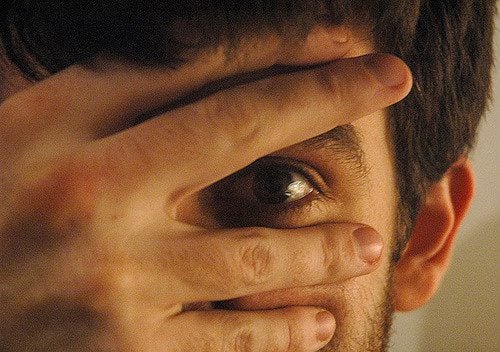The dominant outlook on life often appears to be one of wariness, not awareness. What are we often wary of today? Refugees, immigrants, people of other religions, different ethnicities, different orientations?
While it is appropriate to be wary of imminent dangers, differences are not necessarily or often dangers. Wariness should not be the dominant impulse of one’s life. Awareness should be. Be aware, not wary.
Certainly, consideration of personal and communal safety as well as solidarity are critically important. But how can we broaden such concern so that attention is given to safety and solidarity for all peoples? That is a more mature outlook on life, which also assists us in moving forward in our communities, and as a civilization.
Awareness over against wariness begins close to home. A friend from India shared with me the other day how important it is to be aware of yourself, aware of how others view you, and aware of others. Let’s unpack these points. For starters, be aware of yourself. How do you respond or react when you come across people who are different from you, including those with different opinions? I must confess that it is easy for me to get frustrated with those who counter my perspective. I need to engage in personal inventory to discern why I get upset, and how I react. Even if they are approaching me in reactionary terms, how might I move the encounter forward in such a manner that we go from inquisition to inquisitive interaction? While it is not always possible to do so (especially in such domains as social media), we can at least try to reorient the engagement in various areas of life.
Moreover, be aware of how others view you, as well as your sub-culture. It is not always our truth claims and perspectives that people take issue with primarily, but the context of those claims. Take for example the Christian claim that “Jesus is Lord.” It’s one thing to make that claim as a needy and weak, nameless beggar. It is quite another to make that claim as one who has the power to take an ax to the head of an ‘infidel.’ In Acts 4, we find the Apostle Peter siding with the needy, weak, nameless beggar, not the alternative.
Peter cries out that “…there is salvation in no one else, for there is no other name under heaven given among men by which we must be saved” (Acts 4:12; ESV). The context of that statement is that Peter has just healed a nameless, lame beggar in the name of Jesus. The multitudes, who were amazed and astonished as a result of this miraculous sign, swarmed around Peter, John, and the nameless beggar. Many of them became followers of Jesus to the chagrin of the religious authorities who were in positions of power to imprison the apostolic community. Peter and John are taken into custody and summoned to given an account for their action. Please note that it is in the context of healing a nameless beggar in the name of the crucified and risen Jesus that they make their claim about Jesus being the sole source of salvation. They are not in societal positions of power, but penniless, imprisoned Apostles (See Acts 3 and 4). What a far cry from the dominant religious Christian culture today, when we make such claims about Jesus being the only way to God!
Not only do we need to be aware of ourselves and our reactions, and how others respond and react to us as well as our claims. We also need to be aware of others. Peter and John did not bypass the nameless beggar. They did not discount him. They took to heart his condition and did something about it. How often do I bypass people who are crying out for help, or simply crying out, looking to be acknowledged as human beings? Jesus made it his ambition to acknowledge people who were different, who were outcasts, who were isolated and ignored. Will you and I do the same?
I need to take a spiritual and emotional inventory and ask myself: am I aware of myself, aware of others’ views of me, and aware of others? Perhaps you should take the same inventory? The more wary we are as human beings the more aware of ourselves, of others’ views of us, and of our views of others we need to be. Otherwise, the “other” will have all the more reason to be wary of us. Where will such wariness lead? Healing and wholeness, or avoidance, despair, increasing conflicts and disaster?













